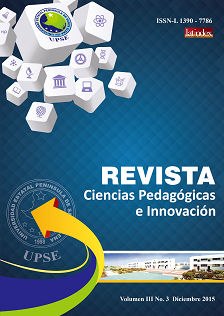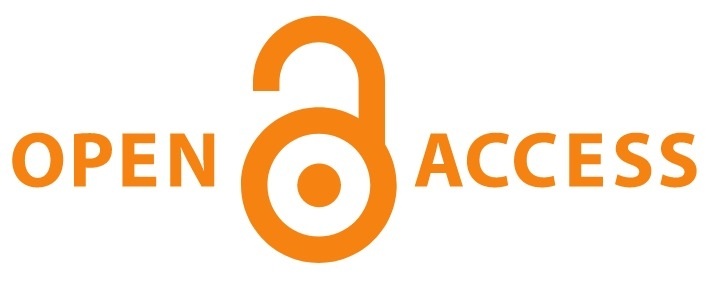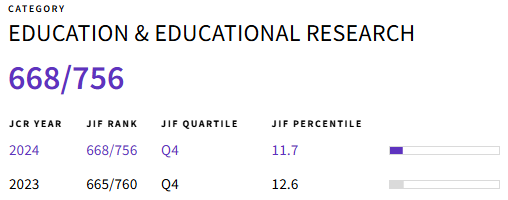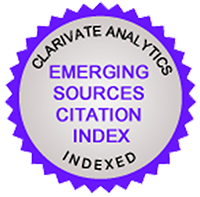Critical thinking in bachillerato students at Unidad Educativa Jefferson, Salinas.
DOI:
https://doi.org/10.26423/rcpi.v3i3.76Keywords:
didactics, philosophy for children, critical thinking development,, significant learningAbstract
This article is an analysis of the application of the didactical program Philosophy for Kids (FpN) as a contribution to the development of critical thinking in the subject of Language and Literature; the target population were the Bachillerato students and teachers at in Jefferson High School, during the 2014 school period. The purpose and research projection is supported by the need to contribute to the improvement of the teaching learning process. The research methods used are qualitative and descriptive, with the participation of 105 students, 5 specialized teachers, and the authorities of the institution, using instruments, such as: surveys, interviews, scientific observation, among others. The application of the didactical contextualized program, with the characteristics of the Santa Elena society in the teaching learning process, and particularly in the educational unit itself, is based on referents and philosophical, pedagogical, and psychological contributions who search for the generation of a questioning of education, so that significant changes can be achieved in the construction of learning for and because of life.
Downloads
References
Waksman V, Kohan W. Filosofía con niños. Buenos Aires: Ediciones Novedades Educativas.; 2009.
Lago BJC. Centro de Filosofia Para Ninos. [Online].; 2013 [cited 2014 Septiembre 30. Available from: http://centrodefilosofiaparaninos/2013/01/ una-trayectoria-filosofica-y-vital-de.html.
Lipman M, Sharp AM, Oscanyan FS. La filosofía en el aula Madrid: Ediciones de la Torre; 1992.
Ministerio de Educación y CdE. Hacia el Plan Decenal de Educación del Ecuador 2006 - 2015. MEC Consejo Nacional de Educación Quito: Min Educación; 2006.
SENESCYT. Puntaje alcanzado por estudiantes que integran el GAR. Ineval. Quito.: Senescyt; 2014, 30 de abril.
Ministerio de Educación del Ecuador. Importancia de enseñar y aprender en la Educación General Básica. Quito: Ministerio del Ecuador; 2012.
Terricabras J. Dicicionario de la filosofia Cataluña: ISBN 8483187280; 2009.
Ander Egg. Historia del Trabajo Social Buenos Aires: Humanistas; 1990.
García MF. Genealogía de un proyecto. Philosophy of a Project. HASER. Revista internacional de Filosofía Aplicada. 2011; 2(2): p. 28.
Vygotski LS. El desarrollo de los Procesos Psicológicos Superiores España: Critica. 3° Edicion en Biblioteca de Bolsillo. ISBN: 978-84-8432- 046-4; 1997.
Liberman A, Wood D. Inside the National writing project. Published by Teacher College. New York. 2003.
Cerda H. La creatividad en la Ciencia y en la Educación. Bogotá, D.C, Colombia: Ministerio de Educación; 2009.
Cifuentes LM, Gutiérrez JM. Didáctica de la filosofía España Madrid: Ministerio de Educación de España ISBN: 9788436949940. http://site.ebrary.com/lib/upsesp/docDetail.ac - tion?docID=10862883&p00=filosofia+para+ni% - C3%B1os; 2010.
Downloads
Published
Issue
Section
License
El titular de los derechos de autor de la obra, otorga derechos de uso a los lectores mediante la licencia Creative Commons Atribución-NoComercial-CompartirIgual 4.0 Internacional. Esto permite el acceso gratuito inmediato a la obra y permite a cualquier usuario leer, descargar, copiar, distribuir, imprimir, buscar o vincular a los textos completos de los artículos, rastrearlos para su indexación, pasarlos como datos al software o usarlos para cualquier otro propósito legal.
Cuando la obra es aprobada y aceptada para su publicación, los autores conservan los derechos de autor sin restricciones, cediendo únicamente los derechos de reproducción, distribución para su explotación en formato de papel, así como en cualquier otro soporte magnético, óptico y digital.

















